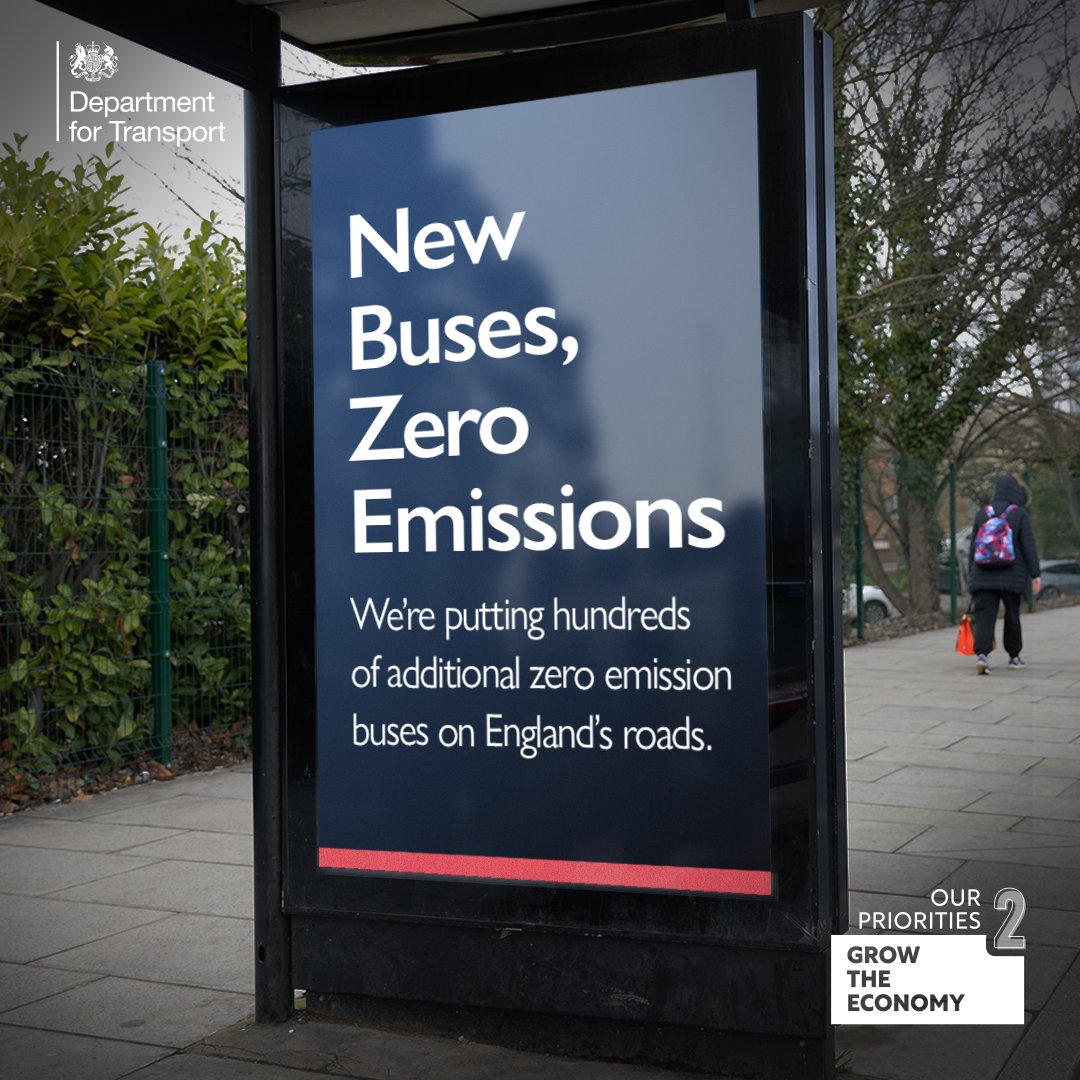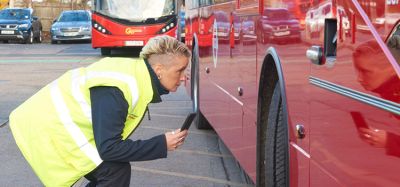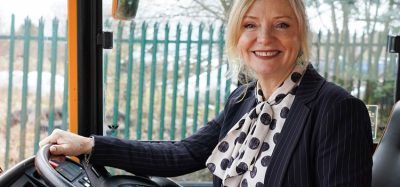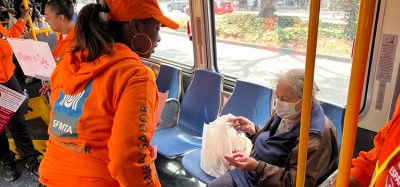UK government announces additional funding for zero-emission buses across England
- Like
- Digg
- Del
- Tumblr
- VKontakte
- Buffer
- Love This
- Odnoklassniki
- Meneame
- Blogger
- Amazon
- Yahoo Mail
- Gmail
- AOL
- Newsvine
- HackerNews
- Evernote
- MySpace
- Mail.ru
- Viadeo
- Line
- Comments
- Yummly
- SMS
- Viber
- Telegram
- Subscribe
- Skype
- Facebook Messenger
- Kakao
- LiveJournal
- Yammer
- Edgar
- Fintel
- Mix
- Instapaper
- Copy Link
Posted: 8 September 2023 | Intelligent Transport | No comments yet
Through the ZEBRA 2 scheme, up to £129 million has been made available to help local transport authorities to introduce zero-emission buses, with the first £25 million prioritised for rural communities.
People across England, including those in the most rural communities, will be able to make greener and cleaner journeys thanks to new funding for zero-emission buses (ZEBs).


Credit: Department for Transport
The UK’s Transport Secretary, Mark Harper, has announced funding of up to £129 million to help local transport authorities to introduce hundreds more zero-emission buses. These new buses will help to grow the economy by connecting communities – helping people to get to work or college, while also providing a boost for UK manufacturing.
To make sure that more parts of England benefit from green technology – particularly remote areas, where building the infrastructure needed for the buses is more expensive – the government has prioritised the first £25 million for rural communities.
The Zero Emission Bus Regional Areas (ZEBRA) 2 scheme is now open for bids from all local authorities in England (outside of London), with applications to be prioritised from those that did not receive funding in the previous funding rounds to ensure that more people can enjoy this clean mode of transport.
The Transport Secretary has also today the launch of a new research hub, backed by £10 million in funding from the Department for Transport (DfT), National Highways, HS2 Ltd, Network Rail and UK Research and Innovation (UKRI). Newcastle University, Heriot-Watt University, University of Cambridge and University of Glasgow have been awarded the funding to establish the Net Zero Transport for a Resilient Future Hub, where they will develop innovative ideas to ensure that future transport infrastructure is low-carbon and resilient.
UK Transport Secretary, Mark Harper, said: “Todays’ funding for more zero-emission buses will help to decarbonise public transport and grow the economy by keeping our communities connected. We have already reached our initial target of funding at least 4,000 zero-emission buses, and this additional funding will improve journeys for even more passengers, reaching those in the most remote areas. The UK is also cementing its position as a world leader in net zero tech with this new investment into climate resilience. Our Net Zero transport hub will be a centre of academic excellence, helping us to keep our transport network resilient into the future.”
UK Bus Minister, Richard Holden, said: “This brings our total investment in new zero-emission buses to almost £500 million, helping to kick-start a new generation of bus manufacturing in the UK and create good, high-quality jobs from Scarborough to Falkirk. We’re leading the way by ensuring that Britain can take advantage of high-skill manufacturing while delivering cleaner public transport for passengers across the country.”
This second phase of the ZEBRA scheme builds on the success of the first round of funding, through which 1,300 zero-emission buses were funded. Through millions of pounds of investment, the government has succeeded in meeting its initial target of funding 4,000 zero-emission buses with this latest funding announcement, bringing the country closer to a fully decarbonised fleet.
This comes on top of £3.5 billion already invested in improving bus services since 2020. The government recently announced a £500 million boost to cap fares at £2 until the end of October 2023, and then £2.50 until November 2024, as well as protect routes into 2025. This is helping people to save money on travel and improving transport connections to grow the economy.
Alison Edwards, Confederation of Passenger Transport’s (CPT) Director of Policy, said: “We welcome the government’s announcement of further government funding for zero-emission buses. Buses have a huge role to play in helping the UK meet its decarbonisation goals. We are pleased that the prioritisation of rural bus services in the bidding process recognises the challenges that are facing these operators. To help to tackle these, CPT has established a Rural Zero Emission Bus Taskforce, which will seek to identify practical solutions that are required for rural areas.”
Funding for the research hub will be used to develop new ways of modelling cities and towns, and understanding how vital structures such as bridges and rail lines can handle severe weather events, such as flooding. The hub will work with local authorities and industry to identify practical opportunities to make it easier for people to travel with greater choice and less disruption. By establishing the technology in the UK, the research hub will directly create new research jobs and build the talent base by providing upskilling training to develop a highly skilled workforce.
Related topics
Alternative Power, Public Transport, Sustainable Urban Transport, Transport Governance & Policy
Related modes
Bus & Coach
Related countries
United Kingdom
Related organisations
Department for Transport (DfT), Heriot-Watt University, HS2 Ltd, National Highways, Network Rail, Newcastle University, The Confederation of Passenger Transport (CPT), UK Government, UK Research and Innovation (UKRI), University of Cambridge, University of Glasgow
Related people
Alison Edwards, Mark Harper, Richard Holden








